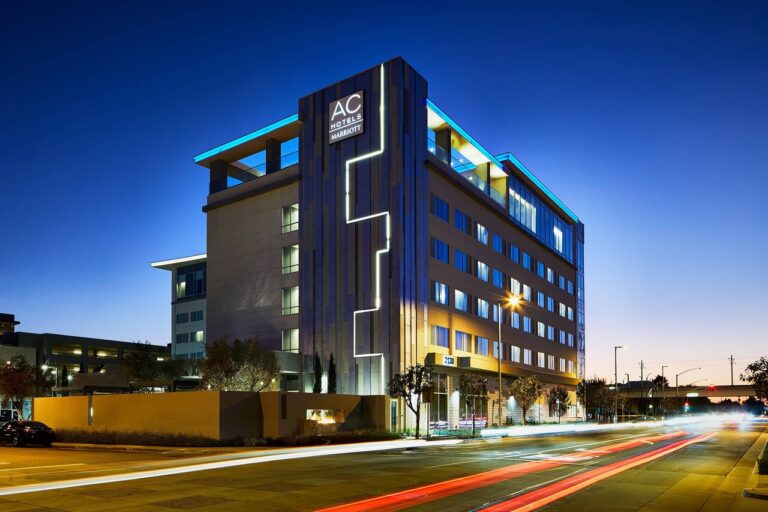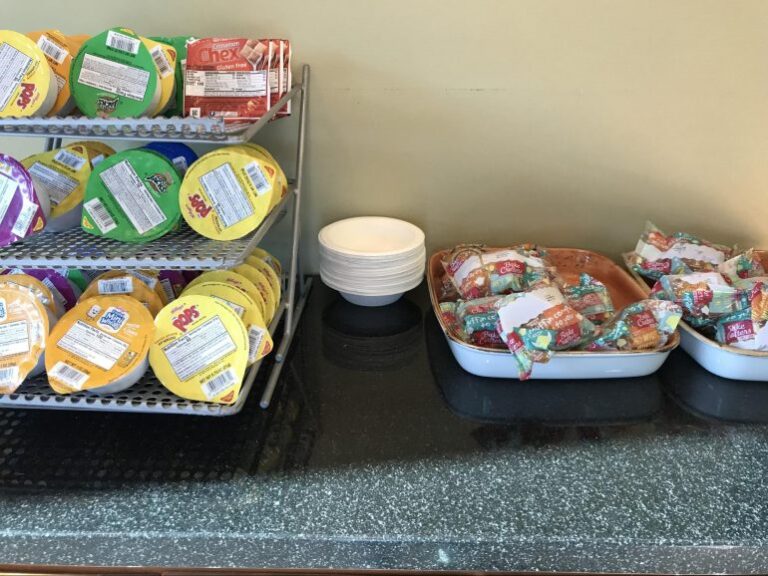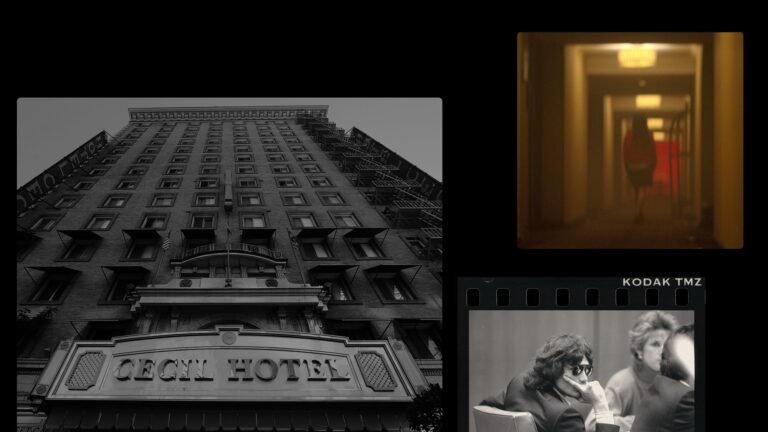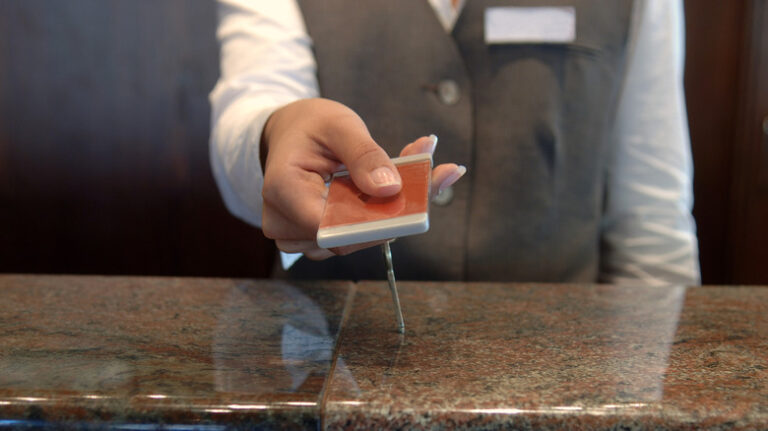How Much Does It Cost to Own a Hotel?
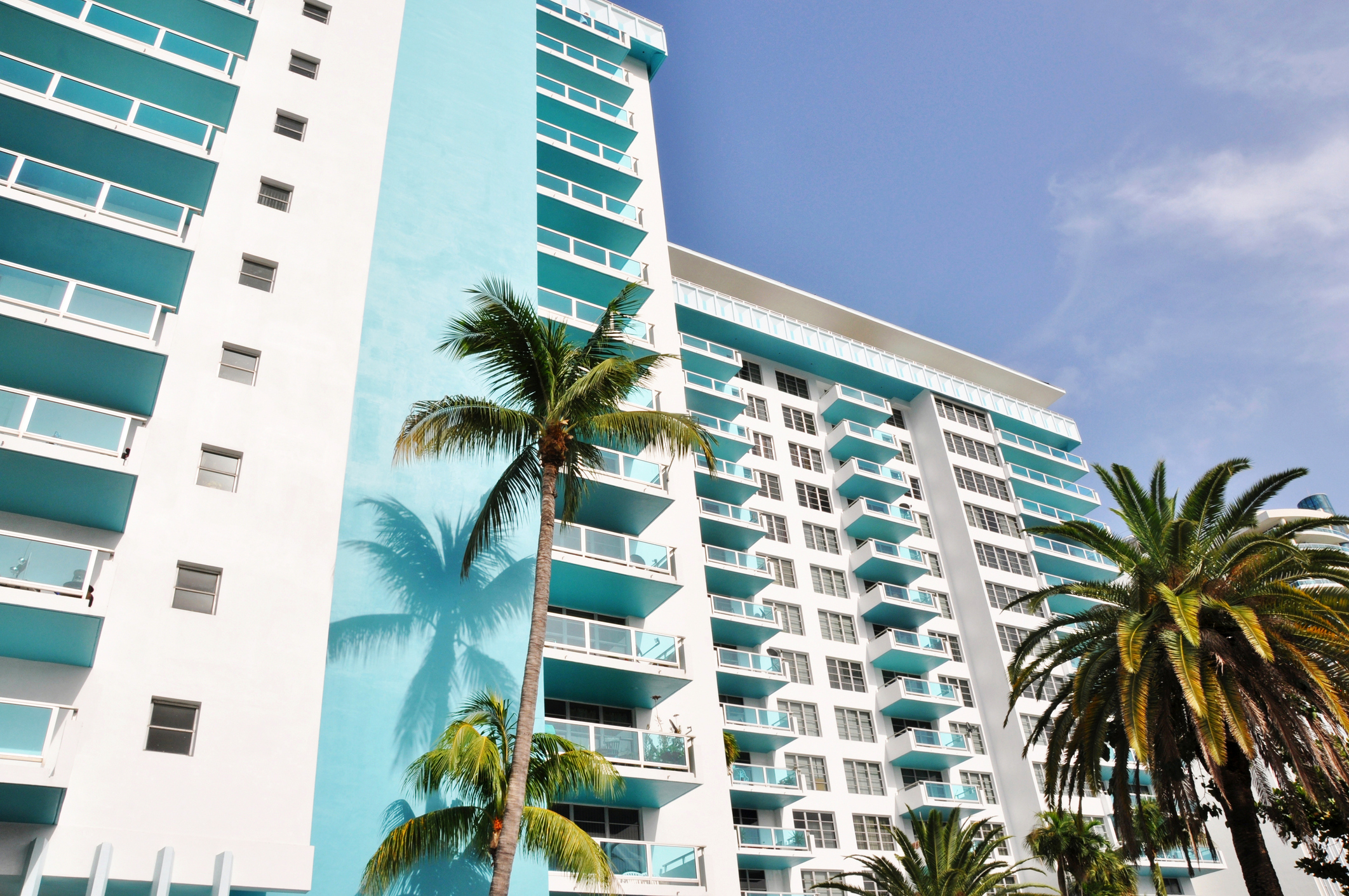
Owning a hotel can cost anywhere from $5 million to $500 million, depending on factors like location, size, amenities, and quality.
Investing in a hotel can be a lucrative business venture, but it requires careful financial planning and management to ensure a successful return on investment.
The costs associated with owning a hotel include property acquisition, construction or renovation expenses, furniture and equipment, staffing, marketing, utilities, and ongoing maintenance and repairs.
Additionally, there are operating costs such as payroll, insurance, taxes, and other expenses that need to be considered.
Proper budgeting and forecasting are essential to determine the feasibility and profitability of owning a hotel.
With the right strategy and a solid understanding of the hospitality industry, owning a hotel can be a rewarding and profitable endeavor.

Credit: finmodelslab.com
Navigate Where You Want:
- Factors Affecting Hotel Ownership Costs
- Initial Investment Costs
- Operational Costs
- Revenue Generation And Profitability
- ROI And Financial Considerations
- Cost-Saving Strategies For Hotel Ownership
- Case Studies: Hotel Ownership Costs In Different Locations
- Frequently Asked Questions
- How Much Does It Cost To Start A Hotel Business?
- What Are The Ongoing Expenses Of Owning A Hotel?
- What Are The Major Revenue Sources For Hotels?
- Conclusion
Factors Affecting Hotel Ownership Costs
Hotel ownership costs vary based on factors like location, size and scale, amenities and facilities, and marketing and promotion.
The location directly impacts the initial investment and ongoing expenses. Size and scale determine the number of rooms, staff required, and maintenance costs.
The more amenities and facilities a hotel offers, the higher the operational and maintenance expenses.
Effective marketing and promotion strategies are crucial for attracting guests and increasing revenue.
With targeted advertising and digital marketing, hotels can enhance their visibility and generate more bookings.
Overall, owning a hotel requires careful consideration of these factors to estimate the total costs involved and ensure a profitable venture.
Initial Investment Costs
Initial investment costs for owning a hotel include expenses such as land and property acquisition, construction or renovation expenses, equipment and furnishings, and legal and permit fees.
These costs can vary significantly depending on the location, size, and quality of the hotel.
The price of acquiring land and property will depend on the market value and location of the hotel.
Construction or renovation expenses will include labor, materials, and any necessary permits or inspections.
Equipment and furnishings, including beds, furniture, and appliances, can also be a major investment.
Lastly, legal and permit fees are necessary to ensure compliance with local regulations.
It is crucial to carefully budget for these costs to accurately estimate the overall investment required for owning a hotel.
Operational Costs
The operational costs of owning a hotel encompass various aspects. Staffing and training expenses involve hiring and training qualified personnel.
Utilities and maintenance costs include electricity, water, and regular maintenance tasks. Technology and software expenses involve investing in modern systems for efficient management.
Insurance costs are crucial for protecting the property and guests, while taxes are unavoidable and must be factored into the overall expenditure.
Understanding these operational costs is essential for hoteliers to plan their finances effectively and ensure the smooth running of their establishments.
By managing these expenses wisely, hotel owners can optimize profitability and provide excellent service to their guests.
Revenue Generation And Profitability
Revenue generation and profitability are crucial factors to consider when determining the cost of owning a hotel.
Pricing and room rates play a significant role in maximizing revenue potential. Occupancy rates and demand directly impact the hotel’s revenue streams.
By strategically adjusting room rates based on demand, hotels can optimize profitability.
Ancillary revenue streams, such as food and beverage services, spa treatments, and event spaces, also contribute to overall revenue.
Effective branding and marketing strategies are essential to attract guests and boost hotel bookings.
Creating a strong brand identity and implementing targeted marketing campaigns can increase visibility and drive profitability.
Ultimately, to determine the cost of owning a hotel, owners must analyze revenue generation methods, optimize room rates, leverage ancillary revenue streams, and implement successful branding and marketing strategies.
ROI And Financial Considerations
Owning a hotel involves various financial considerations, including ROI calculation, financing and loan repayments, cash flow management and projection, and risk and market analysis.
These aspects play a crucial role in determining the cost of owning a hotel.
ROI calculation helps in assessing the profitability of the investment, while financing and loan repayments outline the terms and conditions of acquiring funding for the hotel.
Effective cash flow management and projection ensure a smooth financial operation.
Additionally, conducting risk and market analysis helps identify potential obstacles and opportunities that could impact the overall cost of owning a hotel.
Considering these factors can provide a comprehensive understanding of the expenses involved in hotel ownership.
So, it is essential for prospective hotel owners to carefully evaluate these financial considerations.
Cost-Saving Strategies For Hotel Ownership
Hotel ownership comes with various costs that need to be managed effectively.
To save on expenses, implementing energy-efficient measures is crucial. This involves using efficient lighting, heating, and cooling systems.
Outsourcing certain services like housekeeping and maintenance can also help reduce overhead costs.
Effective inventory and supply chain management can help prevent wastage and optimize purchasing.
Additionally, implementing revenue management systems can help maximize profits by optimizing pricing strategies and occupancy rates.
Hotel owners should explore these cost-saving strategies to ensure long-term profitability and success.
So, it’s important to adopt these cost-saving strategies for hotel ownership.
Case Studies: Hotel Ownership Costs In Different Locations
Hotel ownership costs can vary significantly based on the location of the property. In urban metropolitan areas, the costs are generally higher due to the increased demand for hotels and the higher property values.
Coastal resort destinations also have higher ownership costs due to the attractiveness of the location for tourists.
On the other hand, owning a hotel in a suburban or rural setting typically comes with lower costs as the demand is lower and the property values are more affordable.
When considering owning a hotel, it is important to carefully analyze the costs specific to the location you are interested in.
This will help you determine the financial feasibility and potential profitability of the investment.
Frequently Asked Questions
How Much Does It Cost To Start A Hotel Business?
The cost to start a hotel business can vary greatly depending on factors such as location, size, amenities, and target market.
On average, it can cost anywhere from $500,000 to $20 million to start a hotel. Expenses include land acquisition, construction or renovation costs, licensing fees, furnishings, staffing, and marketing.
What Are The Ongoing Expenses Of Owning A Hotel?
Ongoing expenses of owning a hotel include payroll for staff, utilities, maintenance and repairs, insurance, marketing and advertising, property taxes, and guest amenities.
Additionally, hotels need to budget for regular updates and renovations to stay competitive and provide a high-quality experience for guests.
What Are The Major Revenue Sources For Hotels?
The major revenue sources for hotels include room bookings, food and beverage sales, event and conference bookings, and ancillary services such as spa treatments or fitness center fees.
Hotels may also generate revenue from partnerships with local attractions or offering vacation packages.
Conclusion
Operating a hotel can be a lucrative but complex venture. From the initial investment to ongoing expenses, owning a hotel requires careful financial planning.
Firstly, we discussed the initial investment, which includes purchasing or building the property, as well as obtaining necessary licenses and permits.
Next, we delved into ongoing operational costs, such as staff salaries, utilities, and maintenance.
Additionally, we highlighted the importance of marketing and advertising expenses to attract guests and maintain a steady stream of bookings.
Furthermore, we emphasized the significance of budgeting for unexpected expenses, such as renovations or repairs.
These costs can have a significant impact on the financial health of a hotel, making it essential to allocate funds for such situations.
Owning a hotel requires a comprehensive understanding of the financial commitments involved.
By carefully considering all the various costs, hotel owners can make informed decisions and ensure the success and profitability of their establishment.
Related Articles To Read:
- Can You Check Into a Hotel at 18?
- Can You Check Out of a Hotel Early?
- Does Airline Have to Pay for Hotel
- Does Eagle Mountain Casino Have a Hotel
- Does Instacart Deliver to Hotels?
- Does It Cost Money to Block Hotel Rooms
- Does Jamul Casino Have a Hotel
- Are Emotional Support Animals Allowed in Hotels?
- Are Hotel Deposits Refundable?
- Are Hotel Rooms Soundproof?

